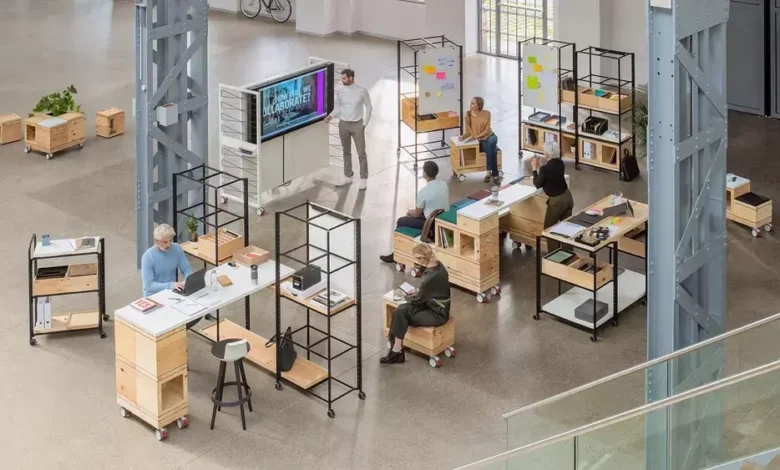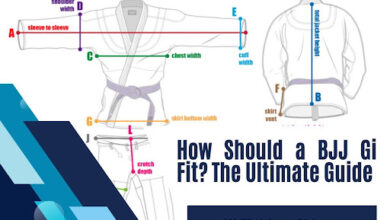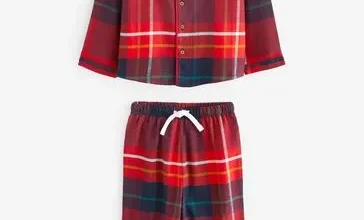The Rise of Tech-Integrated Commercial Furniture in UK Hospitality

In recent years, the UK hospitality industry has seen a remarkable shift. Technology is no longer limited to mobile check-ins, QR code menus, or digital payment systems. It is now becoming part of the very furniture guests interact with daily. From hotels and restaurants to cafes and lounges, the spaces where people eat, sleep, and relax are getting smarter. What used to be simple chairs and tables are now smart tools that enhance comfort, support business goals, and add a sense of modern luxury.
This trend is more than just a design update, it reflects a deeper transformation in how hospitality spaces are being shaped to meet growing digital expectations. The smart furniture market in the UK was valued at over 150 million USD in 2023 and continues to grow as more venues invest in comfort and connectivity. As the overall hospitality market moves toward nearly 100 billion USD by 2032, it is clear that the future belongs to those who combine technology with commercial furniture. Restaurants, hotels, and cafes are no longer just offering services, they are crafting experiences.
Technology Meets Comfort: What Is Tech-Integrated Commercial Furniture
Modern commercial furniture is becoming more than something you sit on or eat at. Many tables and booths now include wireless charging stations, built-in USB ports, and touchscreens. Guests can charge devices, browse menus, or place orders directly from their seats. Smart chairs use sensors to track seat occupancy, helping with efficient table management and reducing unnecessary wait times. Digital displays are appearing in bar counters and communal tables to share dynamic content and engage customers.
Dining pods and booths offer personal lighting and temperature controls for added comfort. These features are often connected to mobile apps that allow customers to control their experience with ease. NFC and Bluetooth support contactless payments and ordering, making transactions faster and more hygienic. In some lounges, embedded speakers in tables create private sound zones, while smart pods serve solo diners or remote workers with full connectivity and privacy.
Why UK Hospitality Businesses Are Embracing This Trend
Expectations are changing fast. More than 60 percent of UK diners now want technology-enhanced service when they visit hospitality venues. To meet these demands, restaurants and hotels are integrating smart furniture that enhances both comfort and functionality. Hotels offer tablets that control room features, while restaurants let guests order or pay directly from their tables. These innovations shorten wait times and elevate the overall guest experience.
Tech-enabled spaces attract business travelers and digital nomads who need charging ports and privacy to work on the go. Guests return more often when their comfort is prioritized. Smart furniture also supports accessibility by offering adjustable settings to accommodate different needs. Business owners view these upgrades as smart investments, helping them stay relevant and efficient. During busy hours, smart tables and booths have improved turnover rates by as much as 20 percent.
Benefits Beyond Aesthetics, Operational and Marketing Advantages
While sleek furniture designs look impressive, the true benefits go beyond appearance. Smart systems generate real-time data on usage, helping managers optimize floor layouts and service flow. Staff work more efficiently with alerts and digital ordering, which means they spend more time focusing on guests. Guests stay longer in spaces that feel modern and convenient, especially when features like charging access are available.
Digital tables present opportunities for upselling through interactive menus. Social media sharing increases when the furniture becomes part of the guest’s experience. Tech furniture also helps reduce waste and energy use by adjusting lighting or heating based on occupancy. It supports sustainability goals while lowering long-term costs. Guests notice these thoughtful details, and venues that embrace them build stronger reputations as forward-thinking destinations.
Popular Use Cases in Restaurants, Hotels, and Cafes Across the UK
Restaurants in London are using smart booths with privacy options and mood lighting. Boutique hotels are outfitting rooms with smart furniture, voice assistants, and digital controls to elevate the guest experience. Independent cafes offer workstations with soundproof seating and power outlets to cater to students and digital workers. Rooftop lounges are installing solar-powered furniture that adapts to weather conditions while providing connectivity.
Chain restaurants are investing in touchscreen tables where customers can browse the menu, place orders, and pay without needing a server. Event spaces are turning to modular smart furniture that is easy to rearrange and connects with other tech systems. Airport lounges are upgrading with ergonomic, device-friendly furniture for weary travelers. Student-friendly cafes use connected seating areas to attract a younger, more tech-savvy audience.
What’s Next for Tech Furniture
Looking ahead, smart furniture will go beyond what we see today. AI could play a key role in adjusting seating conditions based on guest preferences. Furniture may soon feature biometric scans to unlock custom experiences or loyalty rewards. Augmented reality menus could allow diners to visualize their food before ordering. Materials might be developed that clean themselves or adapt to the user’s body shape and posture.
There are even ideas about integrating furniture with virtual dining environments, allowing shared experiences from remote locations. Sustainability will also guide design, with many pieces using solar power or eco-friendly materials. Furniture may eventually stimulate multiple senses at once, creating deeply personalized atmospheres through lights, sounds, and scents. At the same time, smart analytics will provide data insights to guide decisions on layout, staffing, and menu adjustments.
How Venues Can Start Small
Business owners can begin their tech journey without replacing all their furniture. Many start with modular communal tables that include built-in tech features like tablet docks or charging pads. Touchless check-in counters and motion-activated lighting in lobbies offer quick wins. Upgrades like these make a positive first impression and improve the flow of daily operations.
Existing furniture can be retrofitted with USB hubs, sensors, or mobile controls. Staff should be trained to support the new technology so guests receive guidance when needed. It’s wise to gather guest feedback and monitor which features are used most before expanding. Flexible, upgradeable options allow venues to scale smart features over time. Some choose to lease smart furniture to reduce risk, and working with UK-based providers ensures easier support and servicing.
A Smart Investment in Guest Experience
Hospitality in the UK is entering a smarter, more connected phase. Venues that combine great service with innovative furniture are setting a new standard for what guests can expect. Smart furniture does more than improve comfort; it strengthens operations, builds reputation, and increases customer loyalty. Whether it’s a booth with custom lighting or a table that lets guests order in seconds, these features make a lasting impact.
Technology in furniture is not just about being modern, it is about creating meaningful experiences. Guests feel welcomed, valued, and cared for in spaces that respond to their needs. The rise of tech-integrated furniture signals a shift in hospitality where every detail counts. As this trend continues to grow, businesses that embrace it will stand out, adapt more easily, and deliver the kind of experiences that keep people coming back.




